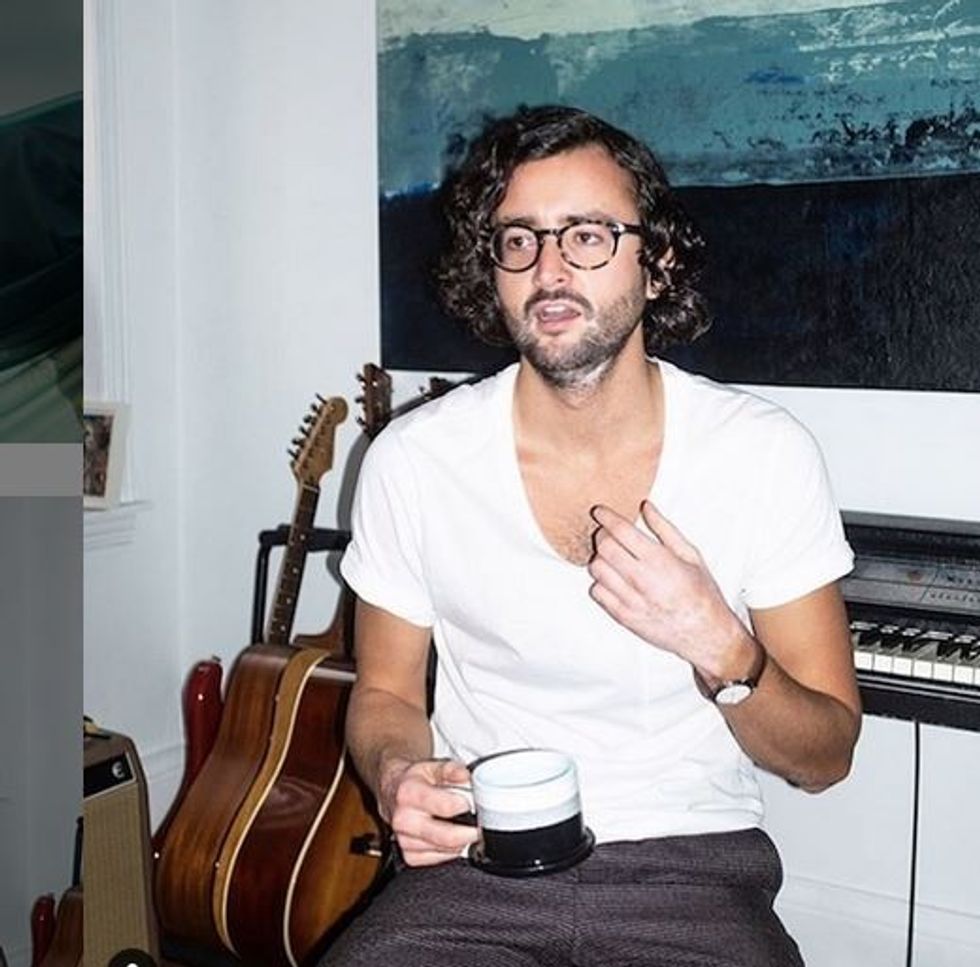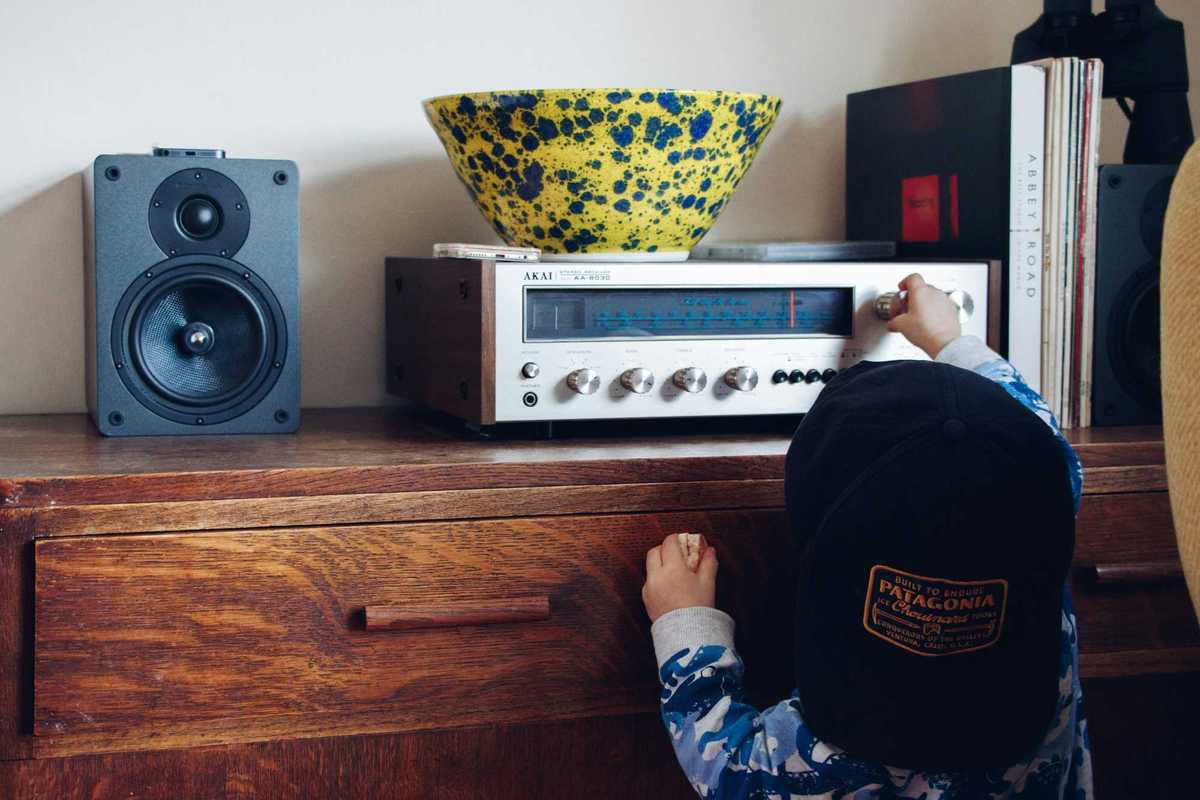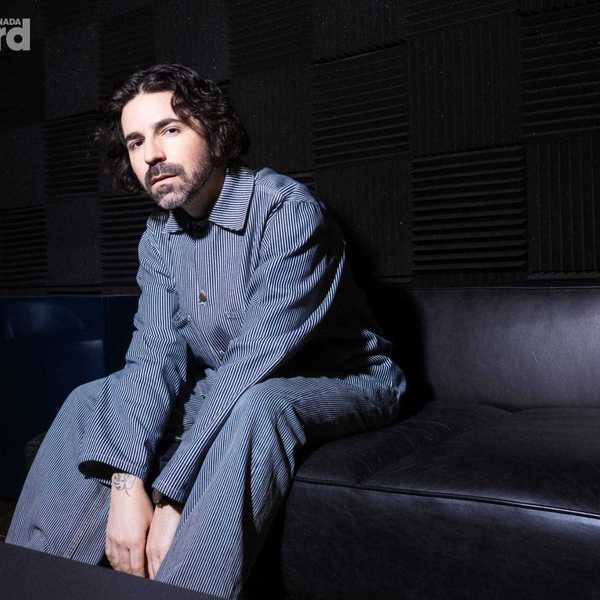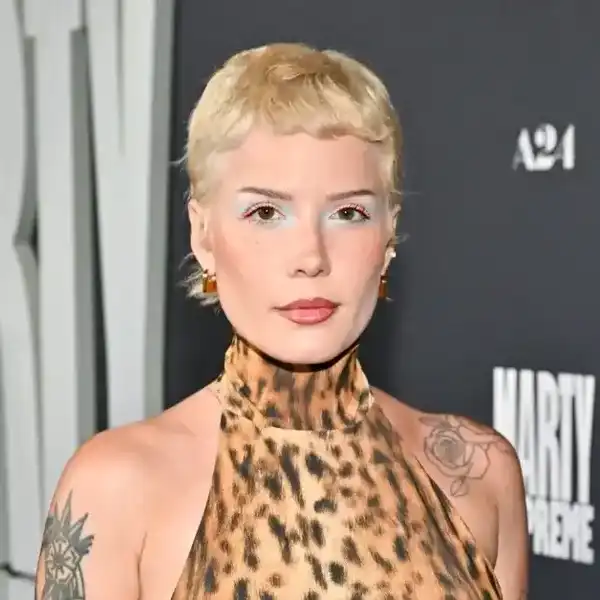Five Questions With… Laurent Bourque
Laurent Bourque’s new album Blue Hour, out September 27, invites the listener into an exploration of loss and ne

By Jason Schneider
Laurent Bourque’s new album Blue Hour, out September 27, invites the listener into an exploration of loss and new beginnings through pensive, chic piano-driven pop. The Ottawa-born, Toronto-based singer-songwriter’s sophomore collection presents 11 tracks drenched in poetic expression and anchored by shining piano melodies, sweeping synthesizers and blissful orchestral arrangements.
After touring his 2014 debut, Pieces Of Your Past, which earned him Stingray Digital’s Rising Star Award, Bourque decided to put the brakes on and rethink his approach to songwriting. During a lengthy creative ennui, he decided to embrace the idea of co-writing.
Collaboration would be the creative key to the material in Blue Hour, as Bourque set a personal goal to write 100 new songs. After hitting this target, he teamed up with producer DanielLedwell (Jenn Grant, Fortunate Ones) and longtime drummer Jamie Kronick to record the album. Together, they took their time and created an album full of self-analytical characterizations rooted in swaying grooves and melancholic yet sanguine memories.
Following the first single Matador, Bourque has just shared Blue Hour’s title track ahead of the album’s release, which will also be marked by shows in Toronto, Ottawa and Montreal in October. For more info go to laurentbourque.com
What was the process like making Blue Hour?
Overall it was quite intense actually. Intense but amazing. I got to live in Halifax for a month at my friend Dana’s place, and drove 25 minutes outside of town every morning to Echo Lake where my producer Dan Ledwell lives and has his studio. We would work for 10 to 12 hours a day, no fixed in and out times or goals. It was just GO until we got tired or hit a creative wall. We repeated this process for 32 days straight. I think I we took one afternoon off the entire time. I had to beg Dan for the time off in order to get my car fixed, and he reluctantly okay-ed it.
I think I gained around 10 pounds too, just from the lack of physical activity, and all the takeout places I ordered from. I can confidently say I’ve tried every restaurant in Halifax now though. If ever you need a recommendation, don’t hesitate to message me.
But, working on these songs felt great. I had been writing for two years, and accumulated over 150 songs. In the weeks leading up to the sessions, I was going back and forth between Dan, my friend Jamie Kronick who’s my drummer and sometimes co-writer ,and my publisher. I needed help to whittle it all down. I didn’t even want to record what became the album's first single, Matador, at first. But everyone told me it would be insane not to. It spent a bunch of weeks on the CBC Radio 2 Top 20, so there you go. I was so wrong.
Working with Dan was the easy part. He’s very quick and confident, and I tend to be the opposite. He knew me and my sound from my previous record, Pieces Of Your Past, and was very relieved when I told him we wouldn’t be making a folk record this time around. The goal was to take every song in the precise direction it called for, and I think we achieved that. Most of the songs were written on the piano, which I had never written on before and had barely played prior to my two-year writing stint. It made me write differently and that felt new in an amazing way. This process was very new to me in that we had no idea of how things would sound in the end going into it. I had these barebones demos—no drum parts, melodies, guitar licks…. nothing. Just the very basis of what a song is: chords, lyrics and melodies. I had never made a record from the ground up like that before. It was a trip, I can tell you.
What songs on the record are you most proud of and why?
It’s hard to choose because there’s so much diversity on the album, from the weird little interludes and minimal ballads to the epic, grandiose pop songs, and the instrumental that happened entirely randomly one day.
But I’ll happily highlight a song called Wait & See. I wrote it with Dave Monks from Tokyo Police Club, and that song set me on a different course in terms of my writing. I was introduced to Dave at a party in L.A. in early 2017. After hanging out for a while, enjoying the dry California heat, we began to connect over our respective songwriting processes. I’m always interested to learn how other artists approach it. The party dwindled so we decided to hop in a cab to a popular rehearsal studio called Bedrock L.A. and try to write something together.
I must say that session pretty much saved me. Dave is so fearless in his songwriting; he just attacks the chords in the moment head-on like a knight in a joust. I had never seen anything like it, really. The result is a pop piano ballad about love and mental health. More specifically, it’s about trying to walk the tightrope between oneself and another in a relationship when so many factors come into play through the years. Ultimately, it’s a hopeful song and is definitely one of my favourites on the record.
How would you describe your artistic evolution so far?
Describing something that is so impermanent is difficult. A life of making art is always changing. That’s the one thing you can be sure of. I suppose that is because that’s how life works, period.
When I look back at the art I was making five years ago, which includes my first album, I wasn’t making it from a place of confidence. I was making music from the standpoint of imitation—in the learning-based sense of the word. Imitation is how humans learn things. There is no other way. A baby learns to place the square block in the square hole because it watched its mother or father demonstrate how to do it. I’ve always loved making music but I’ve never felt more connected to the process and to what I want to say than I do now. That’s the biggest difference. Now when I write something I’m more confident in knowing when it feels right or doesn’t. Now I make the art that I want to make.
What's been the biggest change in your life over the past year?
I’d say it’s that writing has taken a back seat. That’s massive for me after spending nearly three years working on new songs constantly. I was traveling to different cities around the world, doing sessions for other artists, and some for myself. I was always meeting new people, being holed up in tiny studios, just working on making the best songs possible. It was amazing. I rarely do that now. I’ve been so hyper-focused on putting Blue Hour out. It’s the final step, and now I’m excited to get on the road again and play for people. Making visual content, and doing interviews again has been fun as well. My brain is now in 11 places at once as opposed to one. It’s tiring but it is a blessing.
What song by another artist do you wish you had written?
Call On Me by Eric Prydz. Absolutely. Have you ever heard something make people so happy in your life, because I haven’t.I’ve heard it in bars in Paris, which is so weird and awesome. I went on a ski trip in the Alps last year with a bunch of my friends and one guy, David, would blast this song on repeat while running down the hall of the cottage at 5:30 every morning to wake people up to get ready for the day’s excursion. I hate 5:30a.m. with a passion… and yet I couldn’t be mad. That’s how magical that song is!
Facebook: @laurentbourquemusic
Instagram: @bourquelaurent
Publicity: Beth Cavanagh / What's The Story?

















